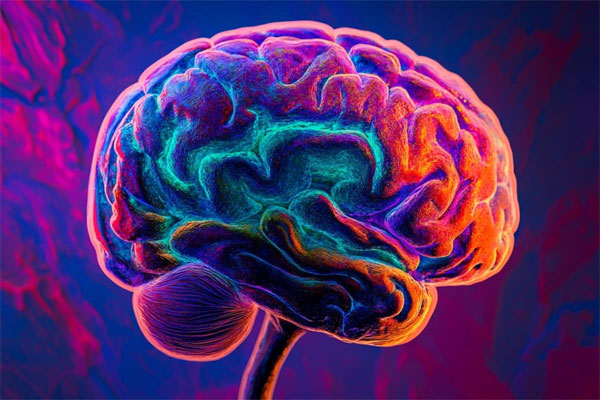Daijiworld Media Network - New Delhi
New Delhi, Sep 21: Vascular dementia—long overshadowed by Alzheimer’s disease in neurological research—is now under a fresh spotlight as scientists uncover new contributors to its progression, including an alarming suspect: nano- and microplastics in the human brain.
A research team led by Professor Elaine Bearer at the University of New Mexico has developed a comprehensive new model to classify and understand the various forms of vascular dementia. Their work, recently published in the American Journal of Pathology, identifies 10 distinct disease processes contributing to vascular brain injury, such as oxygen deprivation, inflammation, blood-serum leakage, and impaired waste removal—often leading to microscopic strokes and neuron damage.

Traditionally associated with risk factors like hypertension, atherosclerosis, and diabetes, vascular dementia has now been linked to microplastic accumulation in brain tissue, a relatively unexplored and potentially groundbreaking discovery.
“We have been flying blind,” Bearer remarked, highlighting the historical lack of comprehensive definitions for different vascular pathologies. “And we didn’t know that nano- and microplastics were in the picture, because we couldn’t see them.”
Using advanced imaging and experimental techniques—including novel microscopy and special staining—the researchers were able to detect and analyze these plastic particles embedded in brain tissue. Bearer noted a troubling correlation: higher quantities of plastics were found in individuals with dementia compared to cognitively healthy subjects, and the levels appeared to align with both the type and severity of the disease.
Even more concerning, the presence of these particles was associated with elevated brain inflammation, a key contributor to cognitive decline.
"Nanoplastics in the brain represent a new player on the field of brain pathology," Bearer said. "All our current thinking about Alzheimer’s disease and other dementias needs to be revised in light of this discovery."
As science continues to grapple with the environmental and health impacts of microplastics, this study adds urgency to the conversation—suggesting that what we inhale, ingest, or absorb from our surroundings could be directly affecting our brain health.
The findings open up new pathways for research and diagnostics, and call for a broader, more integrated approach to understanding and treating dementia, beyond the Alzheimer’s-centric focus that has dominated for decades.